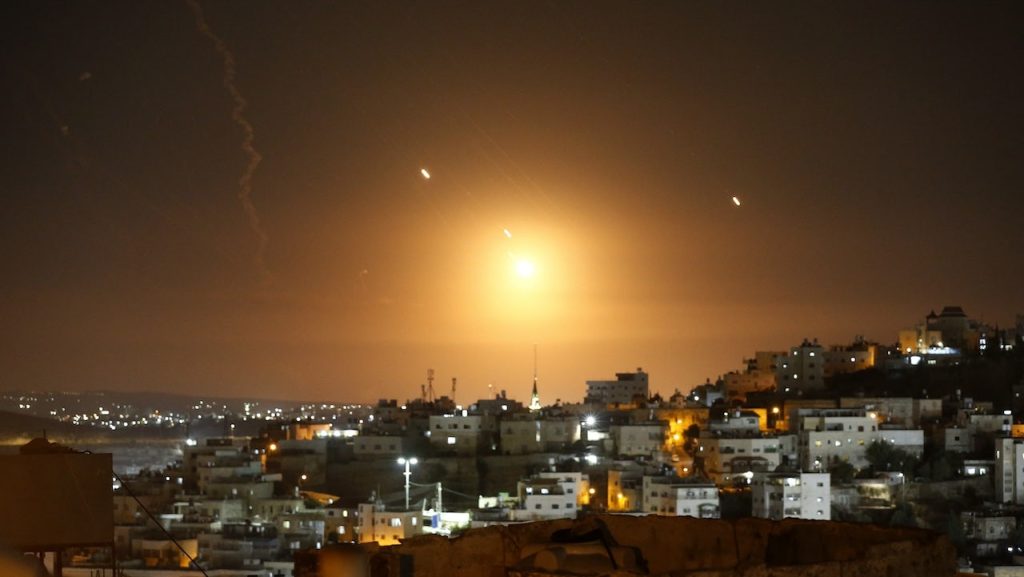Iran recently conducted its largest-ever barrage of missiles fired at Israel, with Iranian President Masoud Pezeshkian warning that any military attack, terrorist act, or crossing of red lines by Israel would be met with a decisive response by Iranian armed forces. The Iranian missile strike prompted Israeli Prime Minister Benjamin Netanyahu to meet with the country’s security establishment amid fears of a looming regional war. Emir Sheikh Tamim bin Hamad Al-Thani of Qatar also attended a summit in Doha, where he criticized Israel for causing a “collective genocide” and turning the Gaza Strip into an uninhabitable area in preparation for displacement.
The missile strikes by Iran on Israel led to nearly 10 million people seeking safety in bomb shelters, marking the first time in Israeli history that densely populated cities such as Tel Aviv and Jerusalem faced such significant attacks. Despite the intensity of the attacks, the only fatality reported was the murder of a Palestinian man in the West Bank. President Biden stated that while Israel has the right to respond to the Iranian aggression, any response should be proportional. However, when questioned about supporting an Israeli attack on Iranian nuclear sites, Biden indicated that he would not back such a move.
The statement from President Biden concerning Israeli retaliation against Iranian nuclear sites comes in the midst of increasing tensions in the Middle East, with fears of a full-scale regional war escalating. With Iran and Israel engaged in a dangerous exchange of military actions, the risk of a wider conflict is a significant concern for global leaders. The Iranian missile strikes have demonstrated the potential for devastating attacks on densely populated areas in Israel, highlighting the urgency of de-escalating the situation and avoiding further military escalation.
The Iranian missile strikes on Israel have raised questions about the appropriate response and potential consequences of further conflict in the region. The threat of retaliation from both sides, as well as the involvement of other regional actors such as Qatar, adds complexity to the situation. The escalating violence in the Middle East, with accusations of genocide and displacement, underscores the need for diplomatic efforts to resolve the underlying tensions and prevent further bloodshed. The international community, including the G7 nations, will play a crucial role in helping to de-escalate the crisis and find a peaceful resolution to the conflict.
As tensions between Iran and Israel continue to rise, there is a growing concern about the potential for a wider regional war with devastating consequences. The Iranian missile strikes on Israel have already forced millions of people into bomb shelters, raising fears of further violence and casualties. President Biden’s stance on not supporting an Israeli attack on Iranian nuclear sites reflects a cautious approach to the escalating conflict. The need for diplomacy, de-escalation, and a focus on preventing further bloodshed remains paramount in order to avoid a full-scale regional war with catastrophic implications for the Middle East and beyond.


